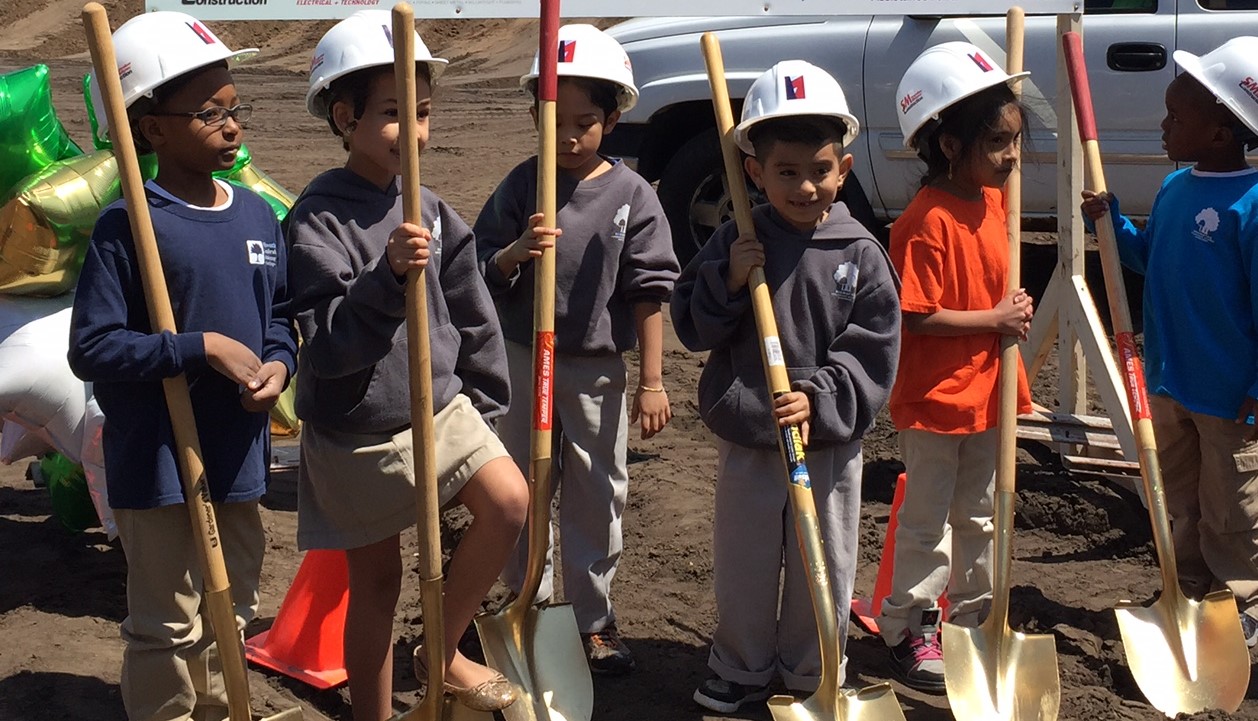1. Pre-Construction Phase
The pre-construction phase includes creating a strategic plan for the project, creating a design, securing permits or entitlements, and gathering the labor and resources required for construction. Pre-construction services can provide owners with a formal approach for developing cost, scope, and schedule to execute the construction on time and in control. The preconstruction phase is critical to a project’s success. It is during this phase that the project team gets organized, aligned in their vision and where the foundation of project communication and process is laid. Without a strong foundation, a construction project can quickly become disorderly, leading to gaps in communication, holes in the process and potential schedule delays.
Steps of the Preconstruction Process
Project Team
The client recruits the key members of the team which includes the following:
- The Owner’s Representative

- Project Manager
- Real Estate Attorney
- Insurance Provider
- Real Estate Consultant
- Architectural Team
- General Contractor/Construction Company
- Financing Partners
The client reviews with its lawyer potential conflicts of interest and which members of the Project Team are acting in a fiduciary role and which team members are acting in arms-length commercial capacity.
Project Definition
The client meets with the design build professional to determine project requirements and design parameters. Objectives defined should be as clear and concise as possible which allows for clear communication between client, designers, and the builder. In the long run, this will shorten the amount of time it takes to complete the project and establish budget earlier in the process.
Project Timetable
Client reviews project timetable with the team, determining milestones such as when the facility will open to serve students (e.g. fall of 2021). Client identifies 2-3 areas of the timetable which pose a risk of timing delays, such as the permitting process.
Site Evaluation
Location and site conditions can have a magnitude of impacts on construction costs and schedule. Therefore, this should be evaluated carefully and early in the process. Please view the SchoolBuild article on site selection here.
Project Cost Estimate
A realistic cost estimate based on owner’s requirements and expectations, is essential in moving the charter school facility project from conception to viable project. It involves evaluating the materials, labor, schedule, regulatory requirements, and site conditions.
Agreement
After the initial pre-construction stage, parties execute a construction design build agreement which will authorize the builder to complete the facility design on the owner’s behalf. It involves incorporating owner’s design program to establish project size, material, and finishes, along with specifications to determine the project construction costs.
Essential Tasks
Following the agreement, builders schedule other essential preconstruction tasks such as soil testing, submission of plans to municipality and procurement of construction permits.
2. Construction Phase
The next phase of a construction project lasts from the moment physical construction begins until physical construction ends. The construction stage is the period that most people associate with construction projects, partially due to its visibility.
3. Post- Construction Phase
The period of time spanning from when physical construction ends until project turnover to the owner takes place, is known as the post-construction phase. During this period, several events and processes occur. The physical job site must be cleaned up. All equipment must be returned, and labor is typically demobilized and moved onto other construction projects. A punch list of items that need further attention is created and those items are addressed. All documents related to the project are handed over to the owner, and the owner’s team is trained on how to operate all systems and equipment in their new charter school building.